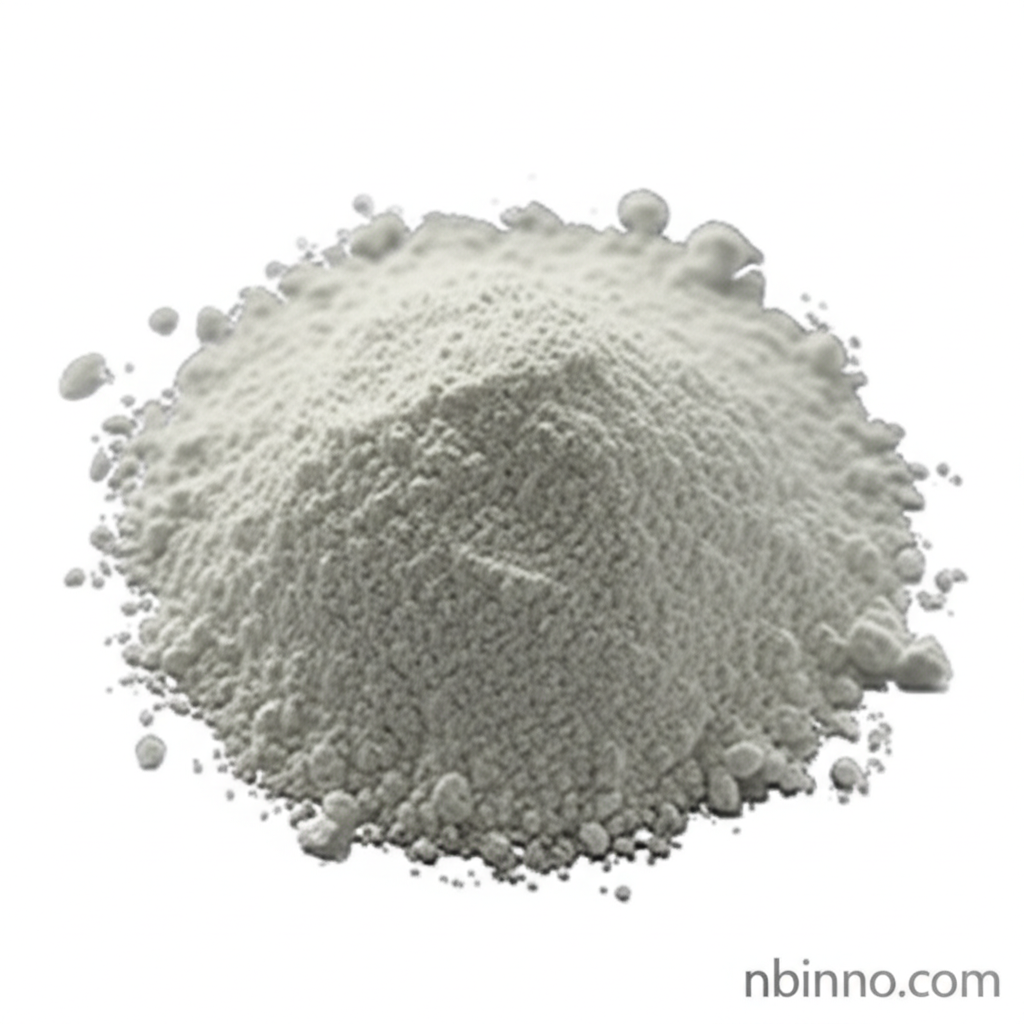4-(4-Hydroxyphenyl)cyclohexanone: A Versatile Pharmaceutical Intermediate
Discover the key properties, synthesis routes, and diverse applications of this vital chemical compound, essential for advancements in pharmaceutical research and organic synthesis.
Get a Quote & SampleProduct Core Value

4-(4-Hydroxyphenyl)cyclohexanone
As a leading supplier in China, we offer 4-(4-Hydroxyphenyl)cyclohexanone (CAS 105640-07-1), a critical building block in organic synthesis and a vital pharmaceutical intermediate. Its distinct chemical structure and properties make it indispensable for developing new drug candidates and complex organic molecules. We ensure high purity and reliable supply for your research and development needs.
- Exploring the synthesis of 4-(4-hydroxyphenyl)cyclohexanone involves advanced methodologies for efficient production.
- Understanding the properties of 4-(4-hydroxyphenyl)cyclohexanone is crucial for its effective application in drug discovery.
- The CAS 105640-07-1 is a recognized identifier for this important chemical intermediate.
- This compound serves as a versatile pharmaceutical intermediate in various synthetic pathways.
Key Advantages
High Purity and Quality
Our commitment to providing high-purity 4-(4-hydroxyphenyl)cyclohexanone ensures reliable results in your pharmaceutical synthesis and organic chemistry projects.
Versatile Applications
This chemical intermediate is instrumental in a wide range of applications, from drug discovery to advanced material science, supporting diverse research goals.
Efficient Synthesis Methods
We leverage optimized synthesis routes, including acid-catalyzed condensation and transition metal-catalyzed cross-coupling, to ensure efficient and consistent production of this compound.
Key Applications
Pharmaceutical Intermediate
Utilize 4-(4-hydroxyphenyl)cyclohexanone in the synthesis of active pharmaceutical ingredients (APIs) and complex drug molecules, enhancing drug discovery research.
Organic Synthesis
As a versatile building block, it aids in creating various organic compounds, contributing to advancements in chemical research and development.
Material Science
Explore its potential in developing novel polymers or functional materials, leveraging its unique structural properties for innovative applications.
Chemical Research
Its specific chemical reactivity makes it an excellent subject for laboratory studies and research into new chemical transformations and applications.
